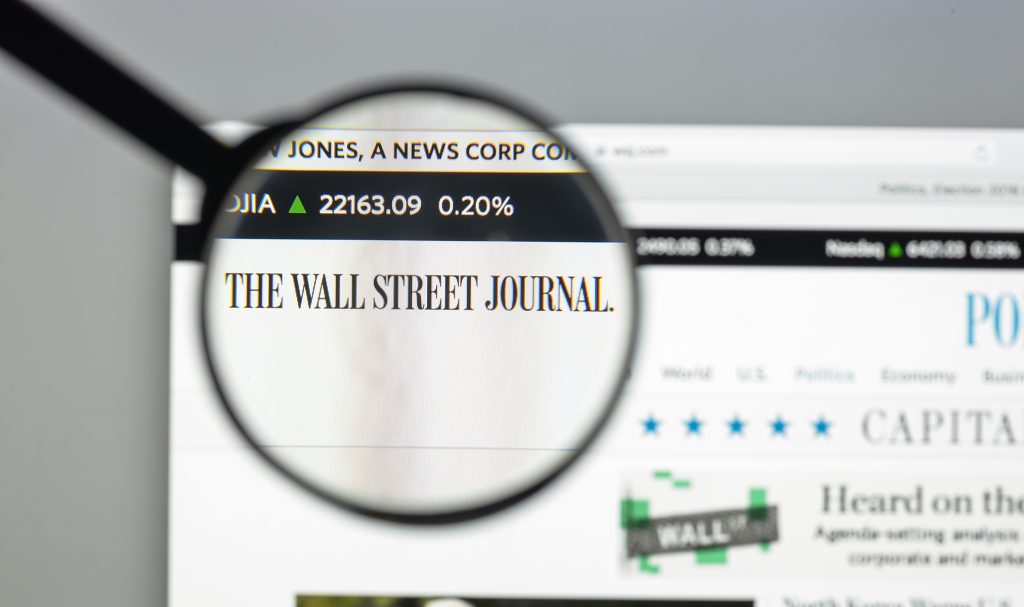It was seemingly around 2012 that Uber’s national (and international) notoriety began to soar. How soon we forget what an amazing advance app-summoned rides were.
Uber’s ascent rates mention simply because by 2012, the line of investors eager to place copious funds with the “unicorn” was massive. Yet vanishingly few got the chance to. Uber would choose its investors. What was true about Uber was similarly true about then-ascendant companies like Facebook and Google in the 2000s, and for that matter, about Apple in the late 1970s. When you’re on the way up in the technology sector, investors are courting you.
This truth requires airing as President Biden seeks to ban U.S. investment in China’s “sensitive high tech industries.” Some will say that Biden’s actions are about national security, but it’s increasingly apparent that it’s rooted in allegedly limiting U.S. capital flows to sectors that might compete with U.S. businesses. Think semiconductors, for instance.
Up front, the easy bet to make here is that Biden’s ban won’t succeed in restraining intrepid U.S. investment from reaching China. As is, China itself has erected all manner of barriers to U.S. capital flows that are easily hurdled through the purchase of Chinese company shares in offshore locales like the Cayman Islands. If capitalism is faster than politicians, and it is, capital flows are the fastest form of capitalism in existence. Which means American investment will continue to find its way to Chinese innovators so long as they’re innovating.
Still, let’s imagine for a moment if Biden’s ban were to actually have teeth. If so, what a loss for the U.S. in concert with a gain for foreign investors. Think about it, and in thinking about it, consider it through the prism of feverish pursuit in the past by investors seeking private shares in companies like Uber, Facebook, Google, and Apple. All four ultimately got to choose their investors. The previous truth was and is crucial. To take on an investor is to take on a partner, an advisor, and frequently a mentor. Only those with good track records need apply.
In which case a ban like Biden’s would harm the very American investors who, through diligent work over the decades, built up hard-to-get investment market share in a country (China) on the rise. Imagine Biden working to trample on such hard-won gains.
To which some on the Left and Right will say “good for Biden. The ban will limit China’s rise and give U.S. technology companies space to continue to move ahead.” Such a view first ignores that the only closed economy is the world economy. Any investment opportunities that U.S. interests pass on due to force won’t disappear as much as a U.S. ban will open up opportunities for non-U.S. investors to gain market share in a coveted economy.
On its own, the above is problematic. Loss of market share by force generally is. But it’s also harmful from a foreign policy angle. This should be obvious, but it’s rare that businesses shoot at their sources of capital. Get it? If not, it’s worth pointing out that the more U.S. investors have a stake in China, and the more that Chinese companies have a stake in U.S. investment, the less likely is war of the shooting kind between the U.S. and China.
Guns or none, the main truth is that if you’re doing something innovative, money will find you. Which means either American investment will have a say in “sensitive” Chinese technology, or investment from some other country will. No investment as President Biden imagines is not a possibility, thus rendering his latest China policy an example of bad foreign policy that vandalizes economic policy.
Republished from RealClear Markets





